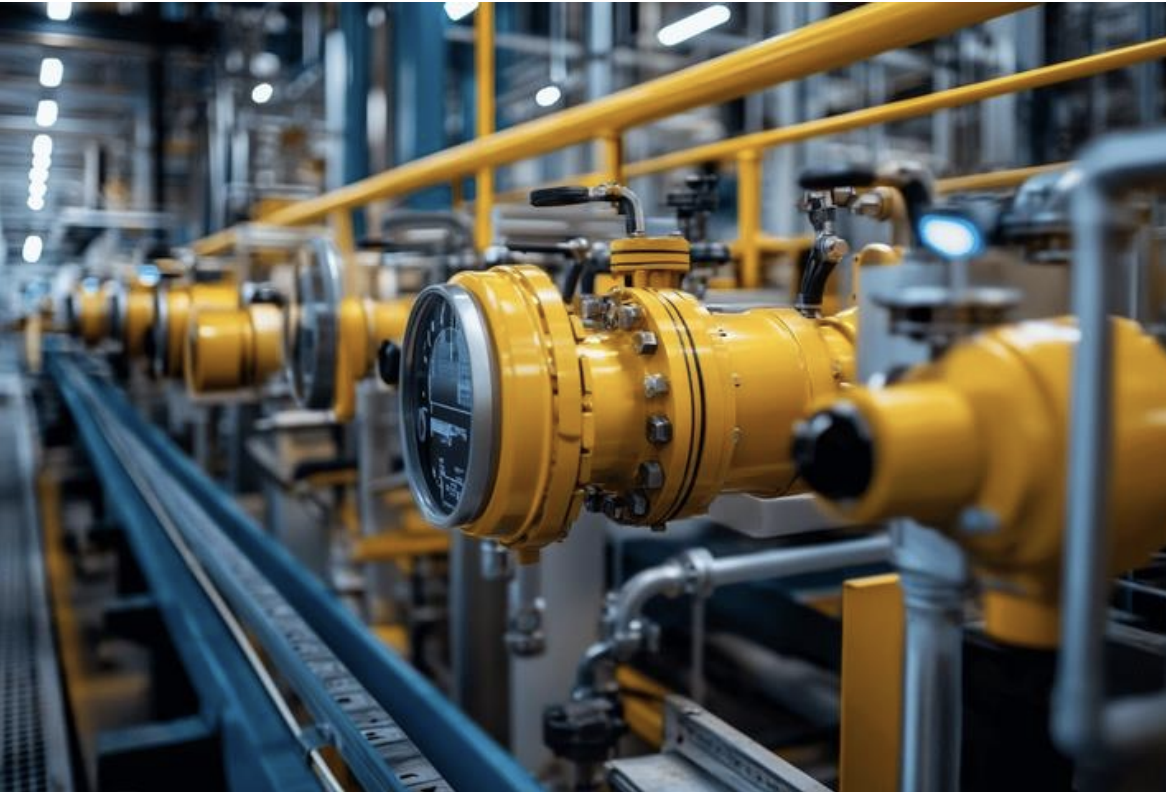Industrial Instrumentation Controls: Trends, Innovations, and Future Prospects
Industrial instrumentation controls are the cardinal function in a number of sectors as it maintains the sensitive balance between precision and safety while ensuring operational efficiency in every possible dimension. It monitors and manages the pressures, temperatures, flows, and levels of processes in most manufacturing and energy production industries. All these growths of technology are, in fact, changing the face of industrial instrumentation with new innovations, updates, and career opportunities.
Recent Advancements in Industrial Instrumentation Controls
The past decade has, arguably, seen the acceleration of industrial instrumentation controls through the emergent concept of IIoT. With connected devices and sensors, real-time data is easily available for predictive maintenance, optimization of processes, and saving downtime. Changes are also brought about by this influence. For instance, wireless technology has enabled flexibility and easier installation of wireless systems in industries, coming from their reliance on wired connections-a costly, prone-to-failure investment. In addition, these systems allow for remote monitoring from hazardous or inaccessible areas.
With the integration of AI and ML in control systems, the entire face of the industry has changed. The technologies learn from historical data, predict equipment failure, optimize energy usage, and enhance overall operating efficiency.
Industrial Instrumentation Controls Future Outlook
In the future, industrial instrumentation controls will continue to have a strong presence in automation and smart technology. We will increasingly become moving towards a range of truly autonomous systems where human intervention is kept at the minimum and control systems decide with the help of AI on highly complex decisions.
Sustainability is one of the most critical trends. Companies are now developing instrumentation controls in response to growing concerns about the environment to optimize resource use while minimizing the generation of emissions and enhancing energy efficiency. This change will help companies gain a long-term competitive advantage and leverage regulative compliance. Another concern is cybersecurity, which will be a significant area of concern in industrial instrumentation controls. With instrumentation controls being directly linked to the internet, cyber-security measures will be stronger. Secure communication protocols and data encryption will be the norm in future systems meant to combat cyber threats and breaches of data.
Career Opportunities in Industrial Instrumentation Controls
On one hand, the skills of careers in industrial instrumentation controls are on the rise due to constant developments in the field. Nowadays, industries are in search of highly skilled professionals to design, implement, and maintain such system complexity.
Instrumentation and control engineers have a market in each of these sectors, including oil and gas, pharmaceuticals, manufacturing, and power generation. The professionals in this field must be updated with the latest trends in technology, including IIoT, AI, wireless systems, and automation. Indeed, apart from control system engineers, new career paths come forth in data analytics, cybersecurity, and AI integration. Moreover, highly valued is the analysis, processing, and utilizing the data in control systems.
The employers seek candidates with a solid foundation in electronics, electrical engineering, and software integration. Problem-solving, critical thinking, and teamwork become also necessary soft skills in this field.
Growth of Market and Employment Opportunities
Industrial instrumentation control market has also captured the growth of 5-7% year on year in the coming years. The IIoT, AI, and automation come to the rescue for such markets to grow. All these technologies will give the employment opportunities in good numbers not only from the veterans to the new entrants also.
Companies are going to particularly look for experts in smart technology, data integration, and remote monitoring. Applicants with the ability to implement predictive maintenance plans through advanced control systems will be sought. One other very important area of requirement will be the cybersecurity for instrumentation networks.
Recruitment Trends
As the industry is rapidly evolving, companies are broadening their training and re-skilling capabilities to meet the growing demands of new technology. Their recruitment strategy would shift from conventional early-stage talent to those who have hybrid skill sets - individuals familiar with the traditional control systems but also able to switch to emerging ones.
Industrial instrumentation controls are also at the forefront of a revolution in technology. Further developments of IIoT, AI, and automation will drive the same forward. Whether an engineer, data analyst, or a cybersecurity expert, there is every opportunity in this exciting and transformative field.

